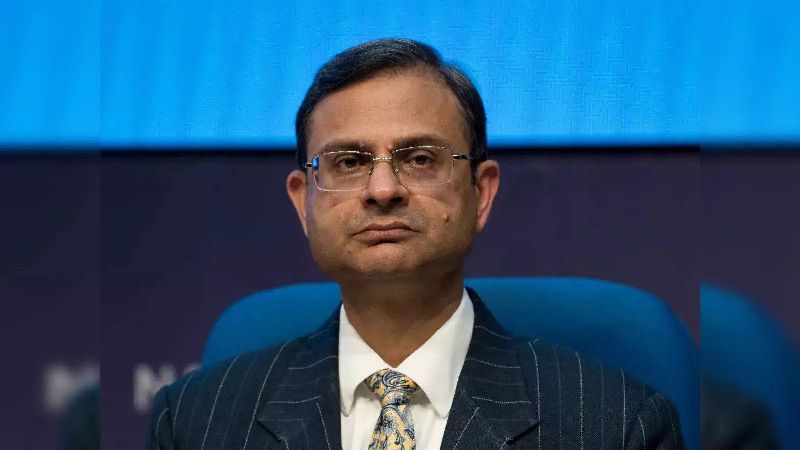Reserve Bank of India Governor Sanjay Malhotra has said that the US tariffs are expected to weigh more heavily on economic growth than on inflation.
He made this remark while speaking to the media after the RBI’s Monetary Policy Committee (MPC) meeting on Wednesday.
The central bank has cut interest rates for a second consecutive time to support the slowing economy.
The RBI has reduced the repo rate by 25 basis points, bringing it down from 6.25% to 6%.
This is the central bank’s first policy move in the new financial year and comes at a time when inflation appears to be under control, but economic growth faces risks from global uncertainty after US tariffs imposed by President Donald Trump.
Governor Sanjay Malhotra explained that the decision to revise India’s growth forecast for the financial year 2025–26 was mainly due to global uncertainties. These include rising trade tensions and tariff hikes in other parts of the world, especially from the United States.
“There is a mixed response globally for inflation, especially for the US, it is projected to go up because of the tariffs that they will be imposing. For other countries, the impact would be different depending on the situation that they are in,” Malhotra said.
“For India, we have given our assessment. Growth rate has been reduced by 20 basis points this year. On the inflation front, we have said it can move both ways… but all in all, more than inflation, we are concerned about its impact on growth,” he said.
He stated, “Worried about the impact on growth rather than inflation.”
He added that while inflation is easing, external risks like tariffs and slow global trade could affect India’s exports and overall economic activity.
ALSO READ: Tariffs and inflation for the US, disruption for Indian supply chains
Malhotra stated that the RBI and the government will collaborate to manage growth and inflation in the coming months.
He noted that India’s inflation rate is within the target range, but warned that increased global trade disruptions could negatively impact growth.















